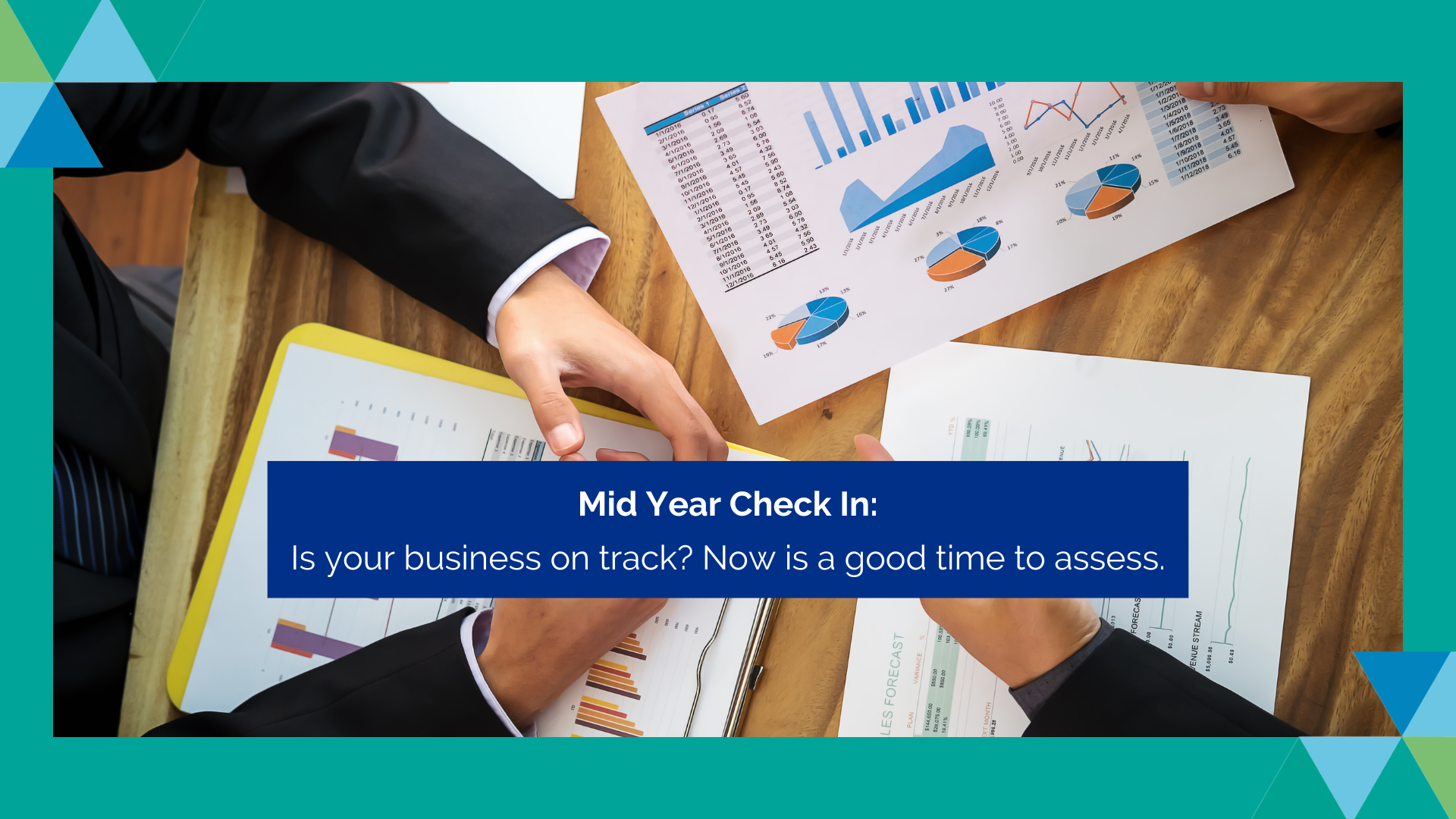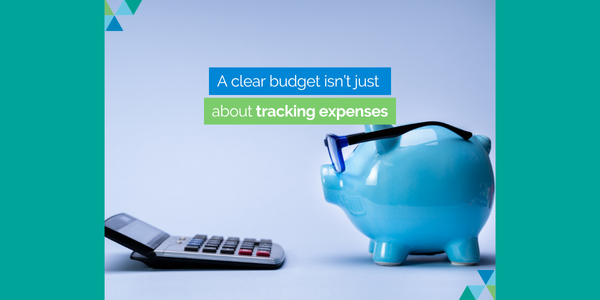ATO Interest Charges Are No Longer Deductible: Here’s What That Means for Your Business
From 1 July 2025, interest charges applied by the Australian Taxation Office (ATO) are no longer tax deductible.

While it may seem like a small policy tweak, this change has wide-ranging implications for business owners, especially those who manage tight cash flow cycles or rely on flexible payment terms with the ATO.
Let’s unpack what this means - and how your business can adjust.
What’s Changed?
Before 1 July 2025, if you missed a tax deadline or had to enter into a payment plan, any interest charged by the ATO - including the General Interest Charge (GIC) and Shortfall Interest Charge (SIC) - was tax deductible. These charges could be claimed as a cost of doing business.
Now? That’s no longer the case. The government has effectively reclassified ATO interest as a penalty, rather than a business expense.
Why the Change?
This adjustment was first announced in the 2023 Federal Budget and is designed to:
- Deter businesses from using the ATO as a line of credit
- Encourage
timely tax compliance
- Help plug revenue gaps without introducing new taxes
In other words, if you run up tax debts, you now pay more - and get no tax relief in return.
What Does This Mean for Your Business?
Depending on your size and systems, the impact could be small or significant:
- Cash flow planning becomes more important - budgeting for timely tax payments is now a must.
- Interest payments now hit harder - not just as a cost, but as a non-deductible one.
- Your tax planning will need to evolve - especially for businesses that previously built in deductible interest as part of their strategy.
If you had overdue PAYG, BAS, or income tax amounts in previous years, those associated interest costs may have reduced your tax bill. That benefit is now gone.
How to Respond
The goal is to avoid ATO interest altogether, and that means being more proactive:
- Pay on time where possible
Prioritise tax obligations as part of your monthly or quarterly payment schedule. - Review your systems
Ensure your accounting software tracks due dates and alerts you to approaching obligations. - Work with your accountant or bookkeeper
If cash flow is tight, discuss ways to better spread out expenses so tax isn’t left until last. - Use payment plans wisely
If you do need to use a payment plan, factor in the full (non-deductible) cost and avoid recurring reliance.
Looking Ahead
While it’s never fun to lose a deduction, this change can be used as an opportunity to tighten your tax governance, improve cash flow management, and build more resilient financial habits.
Talk to your accountant or advisor now to ensure your systems are adjusted - especially if you're forecasting upcoming tax obligations or budgeting for the new financial year.
To find out more about how we can help you, please contact one of our team at admin@wrightsca.com.au.
**Important notice:** This article provides information rather than financial advice. The content of this article, including any information contained in it, has been prepared without taking into account your objectives, financial situation, or needs. You should consider the appropriateness of the information, taking these matters into account, before you act on any information.










